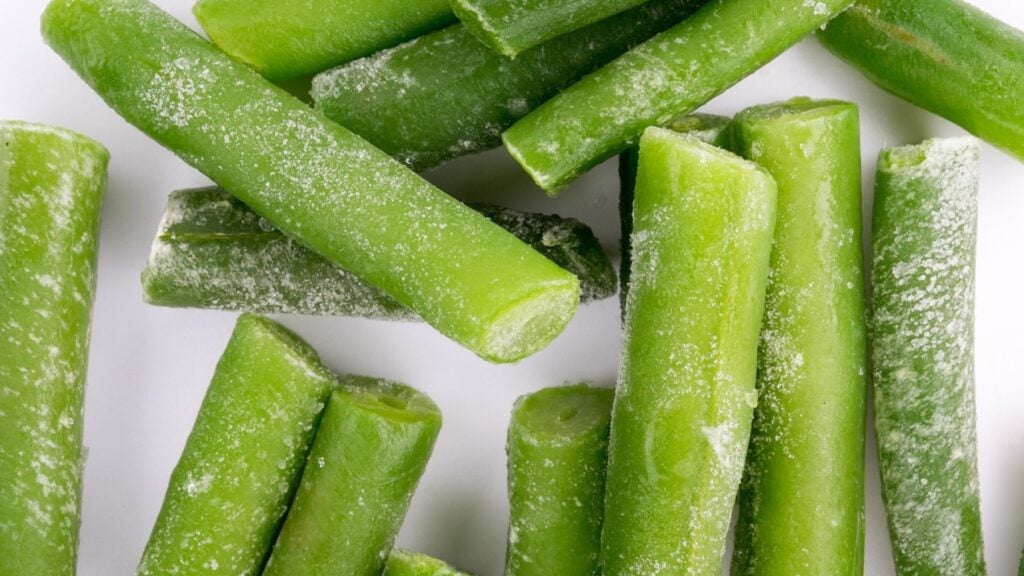Frozen vegetables are often overlooked in the grocery store, but they might be a secret weapon for your health. According to nutritional therapists Milena Mastroianni of Root and Leaf Nutrition and Anna Early of Nutrivival, frozen veggies are not only convenient for cooking but can be healthier than their fresh counterparts.
“Frozen vegetables are actually a great option”, says Mastroianni, as they’re typically frozen shortly after being picked at their ripest, preserving nutrients that fresh store-bought vegetables often lose during transport and storage. Early agrees, noting that “frozen vegetables maintain their nutrient content and their antioxidant levels”, which can diminish in fresh vegetables with time.
Why frozen vegetables may be a healthier choice for your meals
Taking the nutritionists’ word as a starting point, we can begin to understand the nutritional advantages of choosing frozen vegetables over fresh options for healthier meals. Let’s go over what the experts have to say about it.
1. Nutrient preservation
The freezing process contributes to a superior nutritional profile in frozen vegetables. Unlike fresh vegetables, which are often picked early and ripen during transit, frozen produce is harvested at its peak ripeness, allowing more time to absorb vitamins and minerals from the soil.
Mastroianni points out that certain nutrients, like vitamin C, degrade rapidly in fresh produce. For instance, broccoli can lose up to 56% of its vitamin C content within seven days in the fridge or at room temperature, while frozen broccoli retains nearly all of it. Similarly, peas are frozen so quickly after harvest that their nutritional value remains unchanged.
2. Convenience and reduced waste
Frozen vegetables also stand out for being a time-saver for busy people. “You don’t have to be chopping and peeling within an inch of your life in all your spare time to get vegetables into your diet”, says Early. She recommends tossing frozen spinach into soups or curries or adding frozen peas and sweet corn to rice or quinoa for a quick nutrient boost.
Another great bonus about frozen vegetables is that they help reduce food waste. Unlike fresh produce, which can spoil before you use it, frozen veggies allow you to take only what you need. “If you’re going to just take out a portion size of what you need from the freezer, then it can mean less waste”, Early says.
3. Cost-effectiveness
Another advantage of frozen vegetables is that they are often more economical because they’re harvested in-season and don’t require out-of-season transportation costs. This makes them an affordable option for adding high-quality nutrition to your meals year-round.
Frozen vegetables aren’t just a budget-friendly and convenient choice for your busy days of cooking —they’re also a powerhouse of preserved nutrients. As Mastroianni suggests, adding a handful of frozen spinach or green beans to your meals is an easy way to eat healthier meals without extra effort.
Whether it’s vibrant peas, nutrient-rich broccoli, or versatile spinach, frozen veggies deserve a spot in your freezer. They prove that healthy eating doesn’t have to be complicated or confined to the produce aisle.
